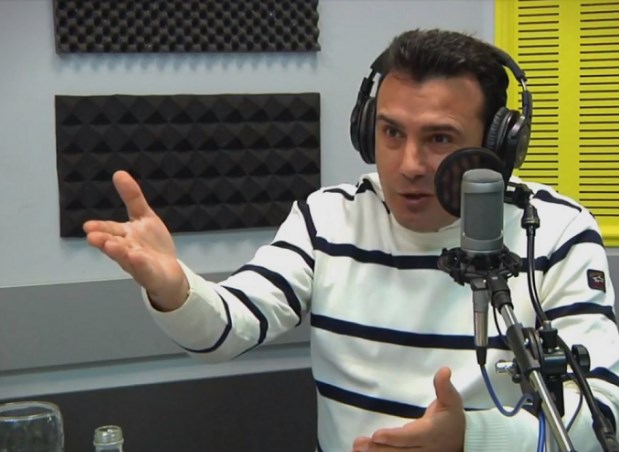The announcement from the Education Ministry that they will abolish history as a stand-alone class in elementary schools came suspiciously quick after Prime Minister Zoran Zaev agreed to accept much of the Bulgarian terms laid before Macedonia. The decision is being explained as a move to streamline the classes, and other classes are also being rolled into broader programs, but the “end of history” seems to be one of the main goals of this “reform”.
Bulgaria laid a number of demands related to the rewriting of Macedonian history and the blurring of the distinction between the Macedoinan and the Bulgarian nation as conditions before it would allow the opening of EU accession talks.
The Bulgarian side insists that, in international communication we can’t say “Macedonian Government” but we should say “the Government of (North) Macedonia”. The use of adjectives and nouns such as Macedonian is not an issue, but it is an issue when they are used for “Macedonian textbooks”, “Macedonian history”, the city of Makedonski (Macedonian) Brod, Zaev said recently.
The proposal to reform the education system in this way caused outrage in the public, which fears that it will turn into a push to rewrite history along the demands made by Greece and Bulgaria. Zaev agreed to accept Bulgarian positions on historic issues in the 2017 treaty he signed with Bulgarian Prime Minister Boyko Borisov, but Sofia insists that he has failed to implement this clause of the treaty, and to dissiminate the new historic positions into the broader Macedonian public.





Comments are closed for this post.